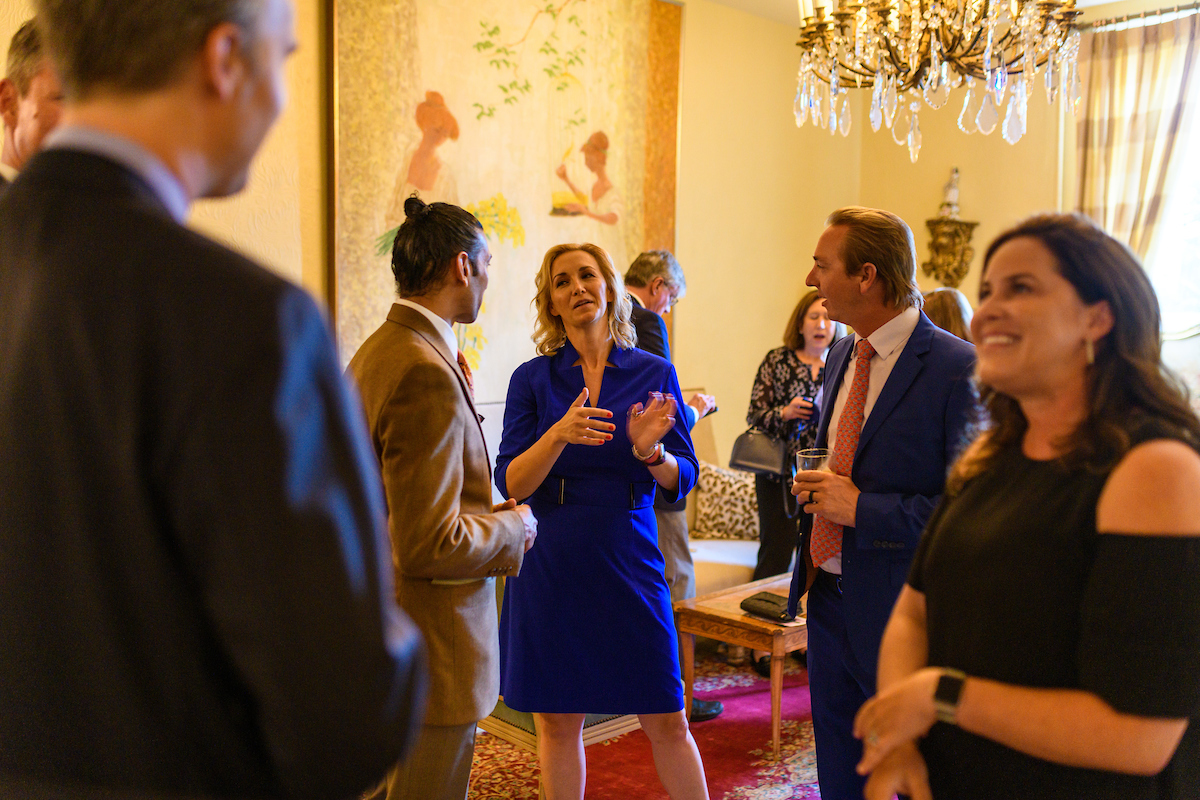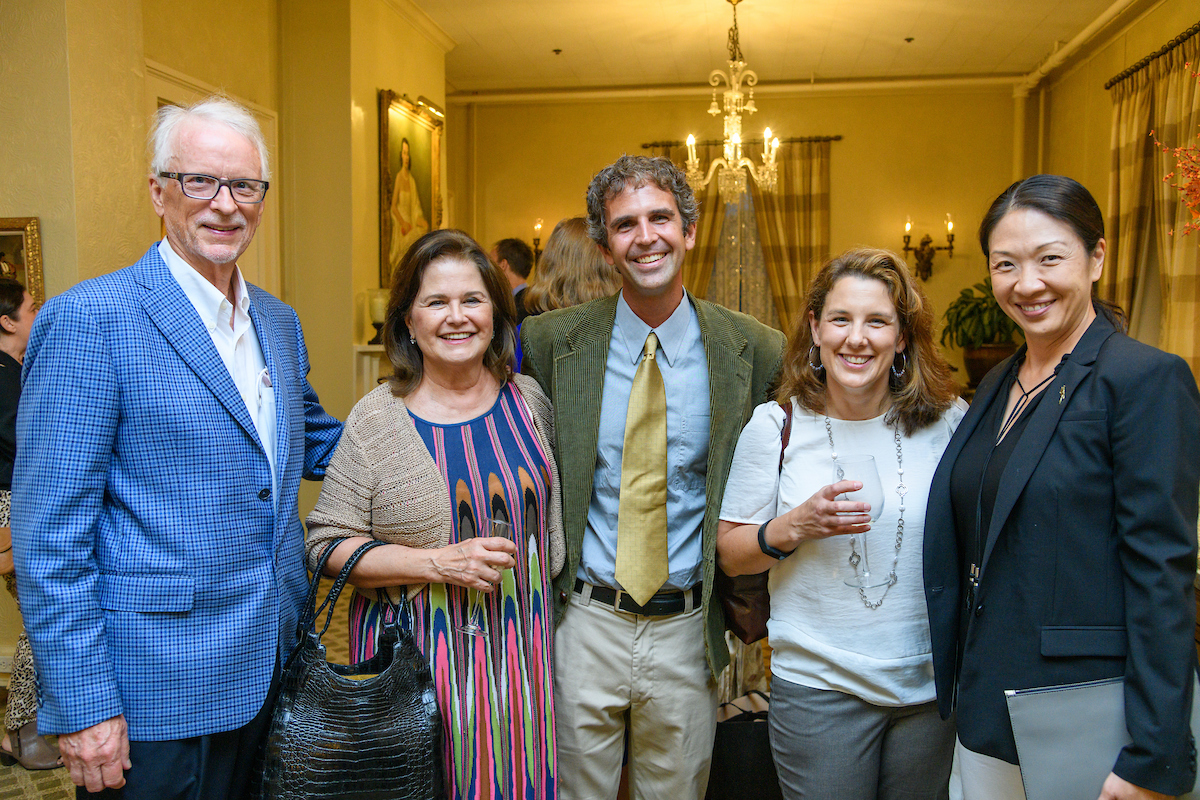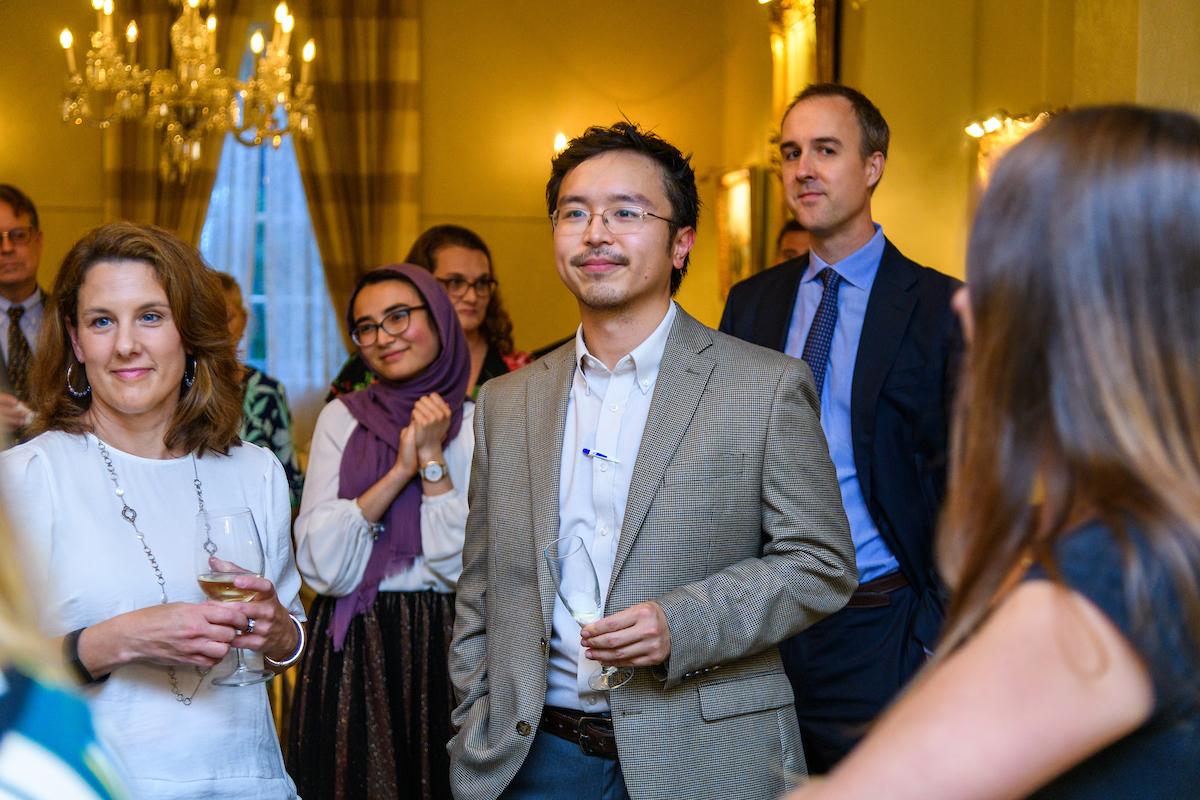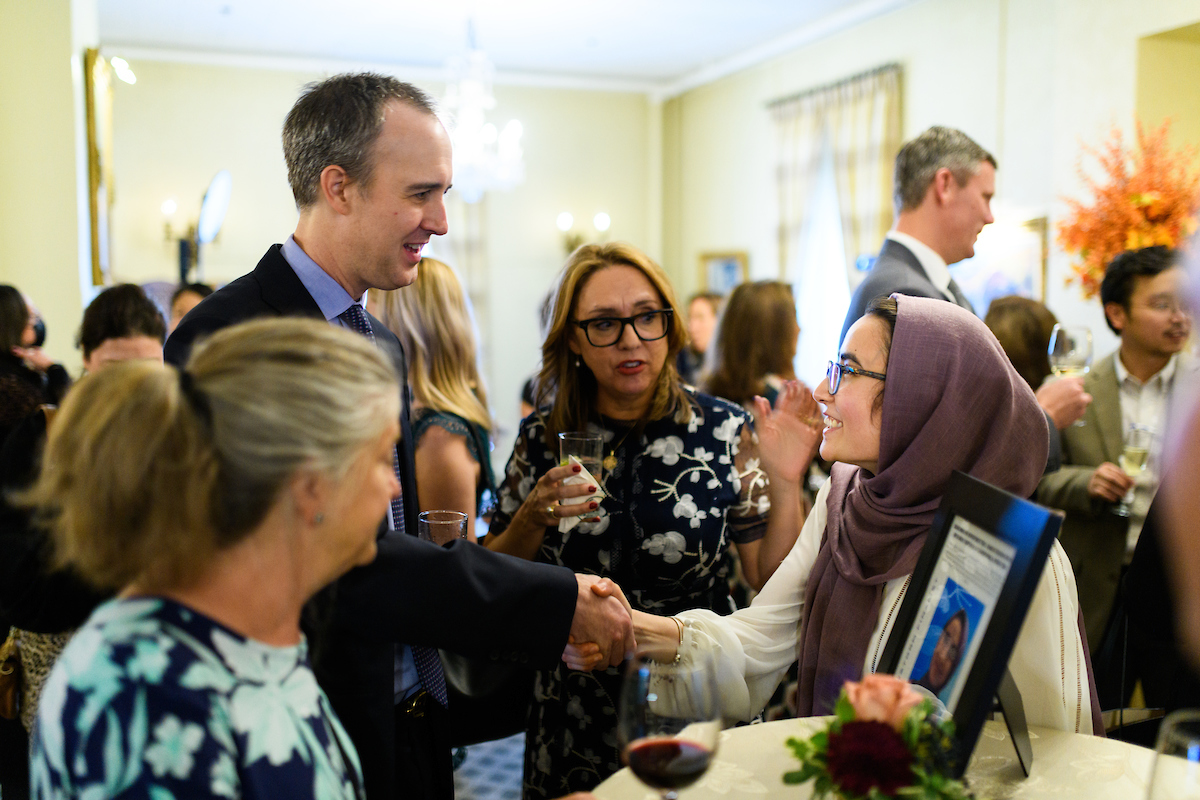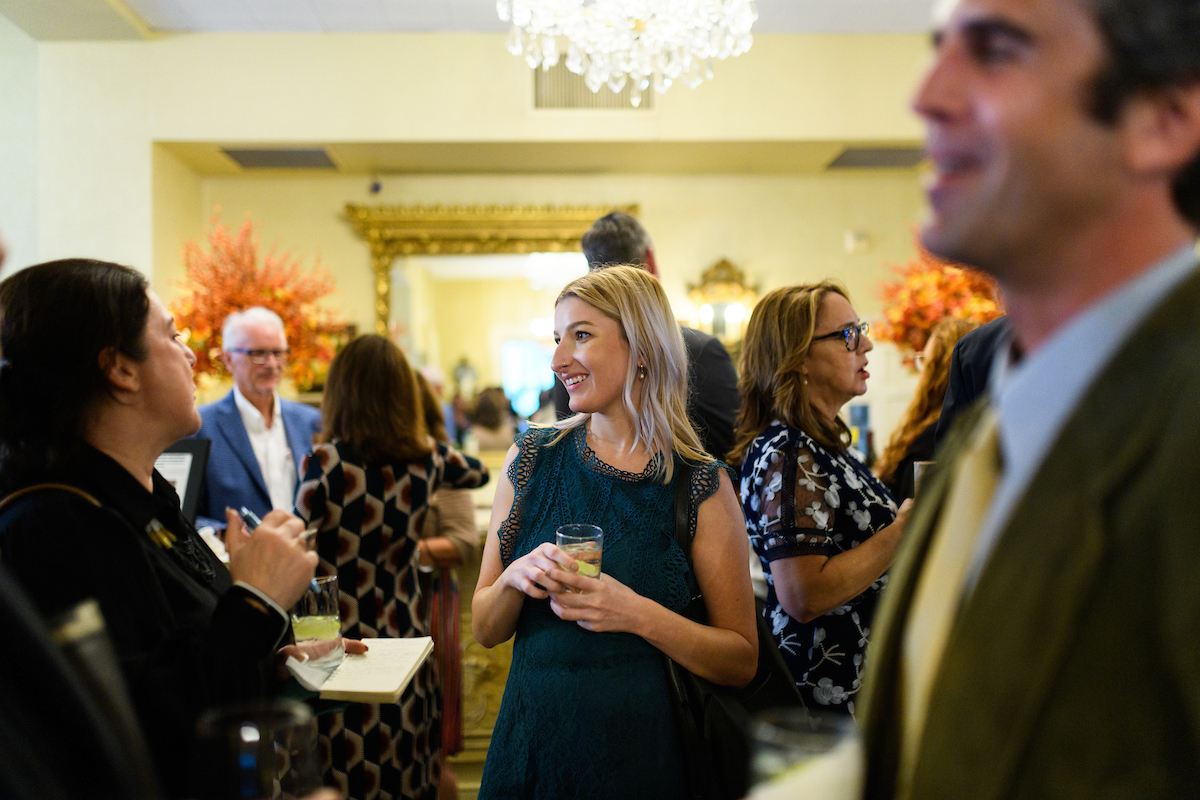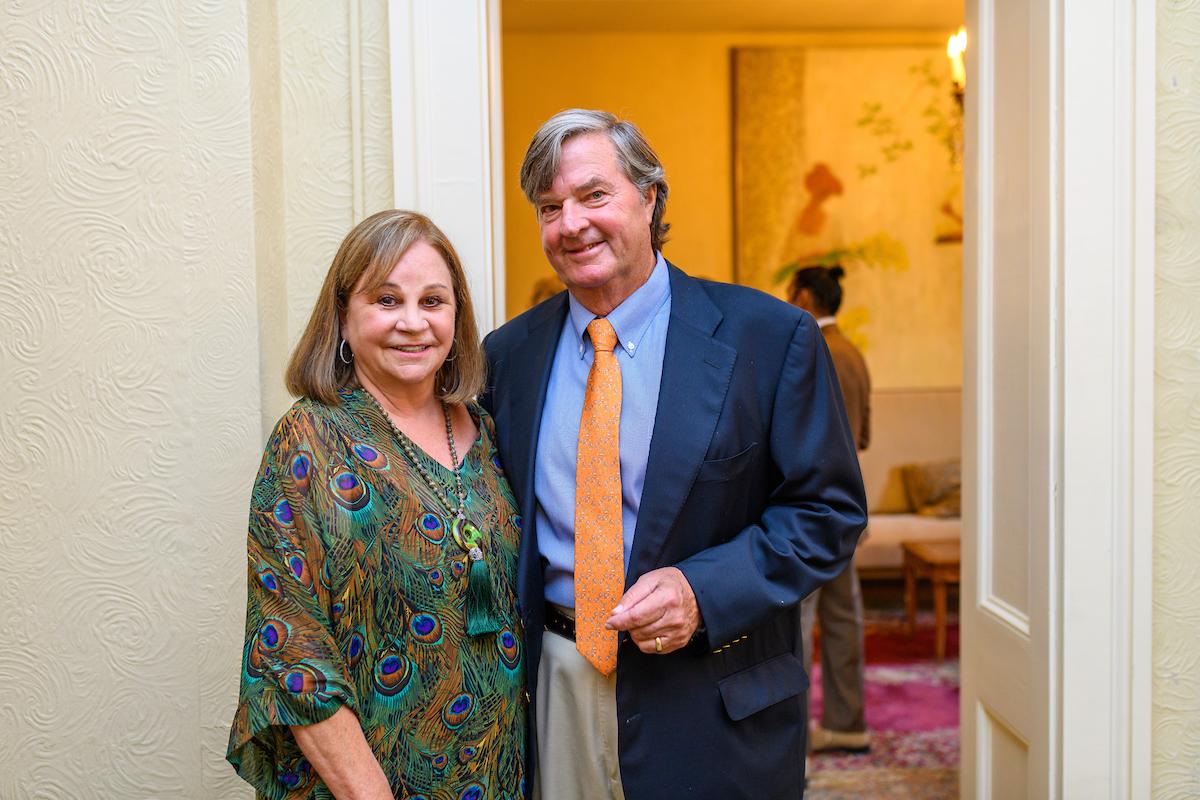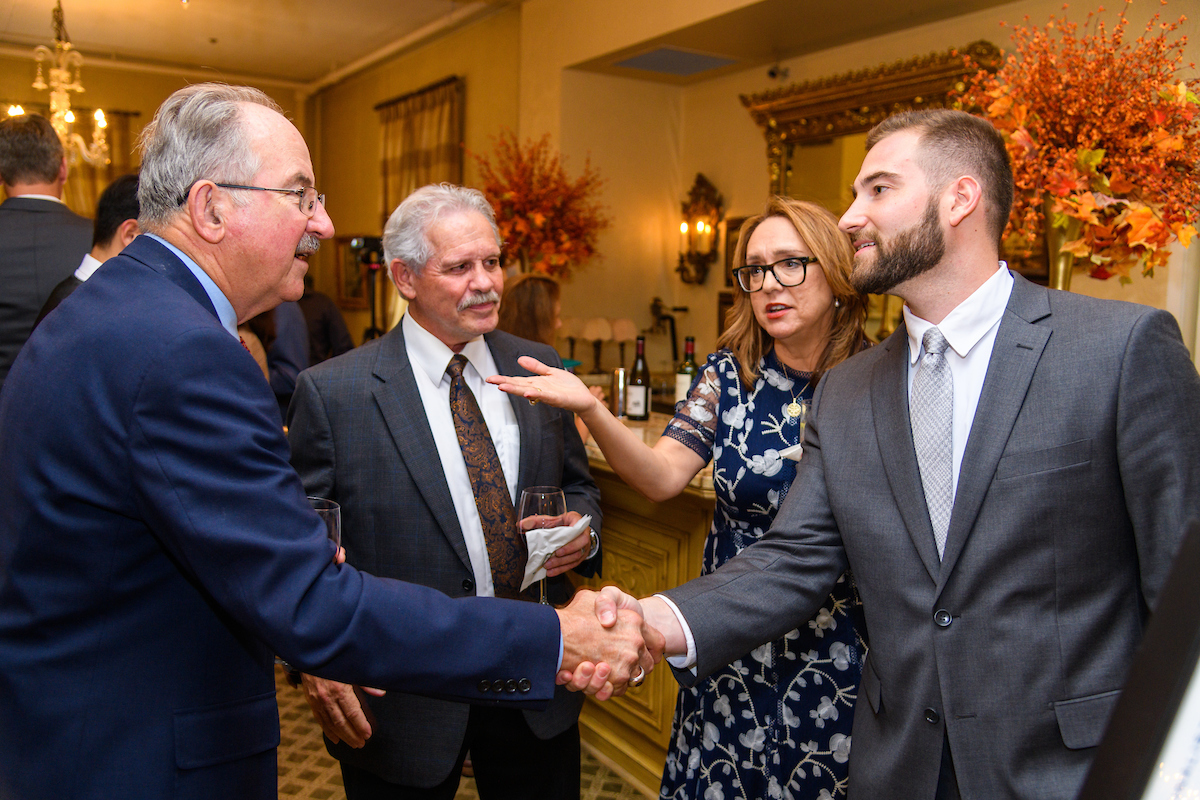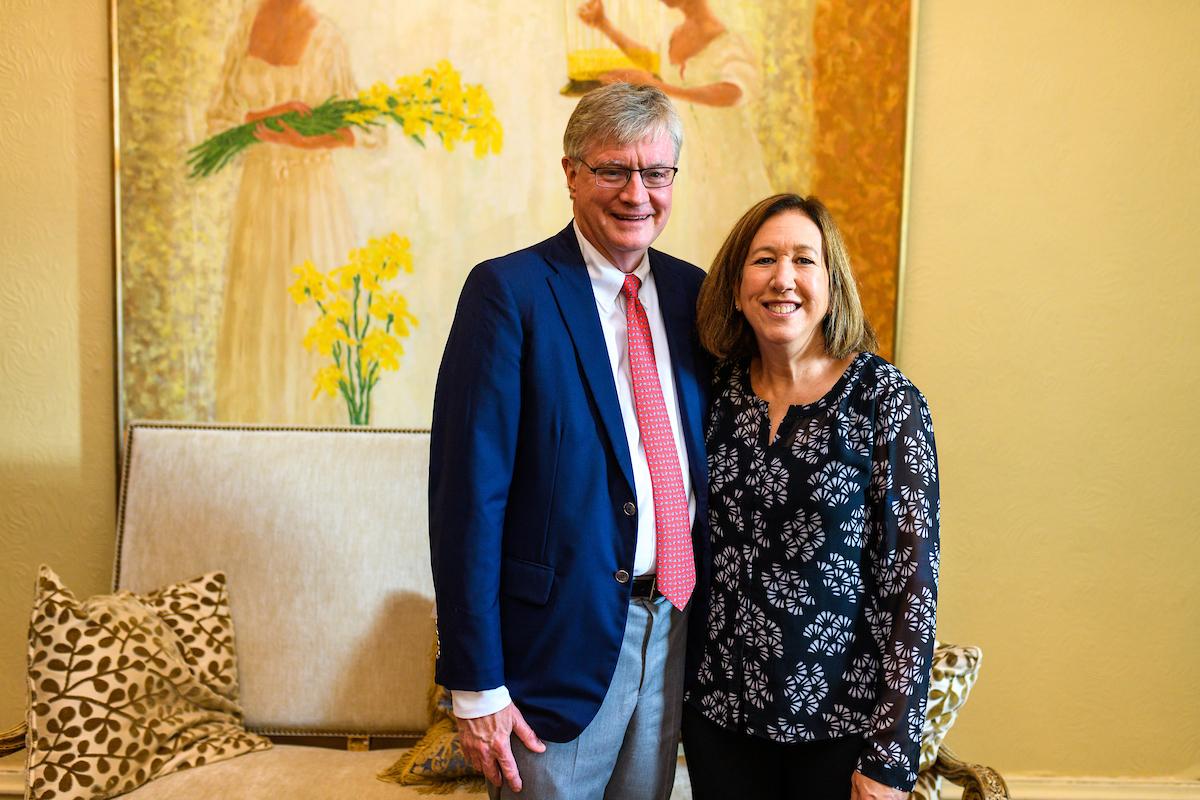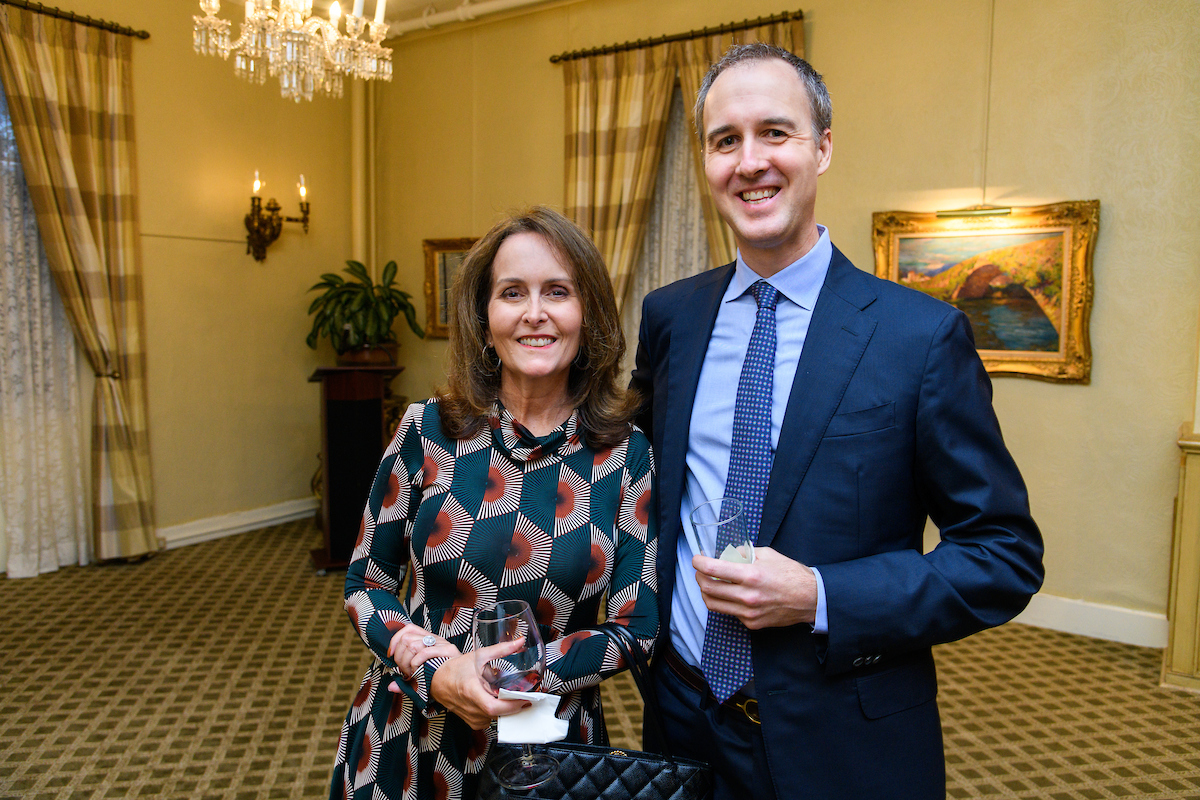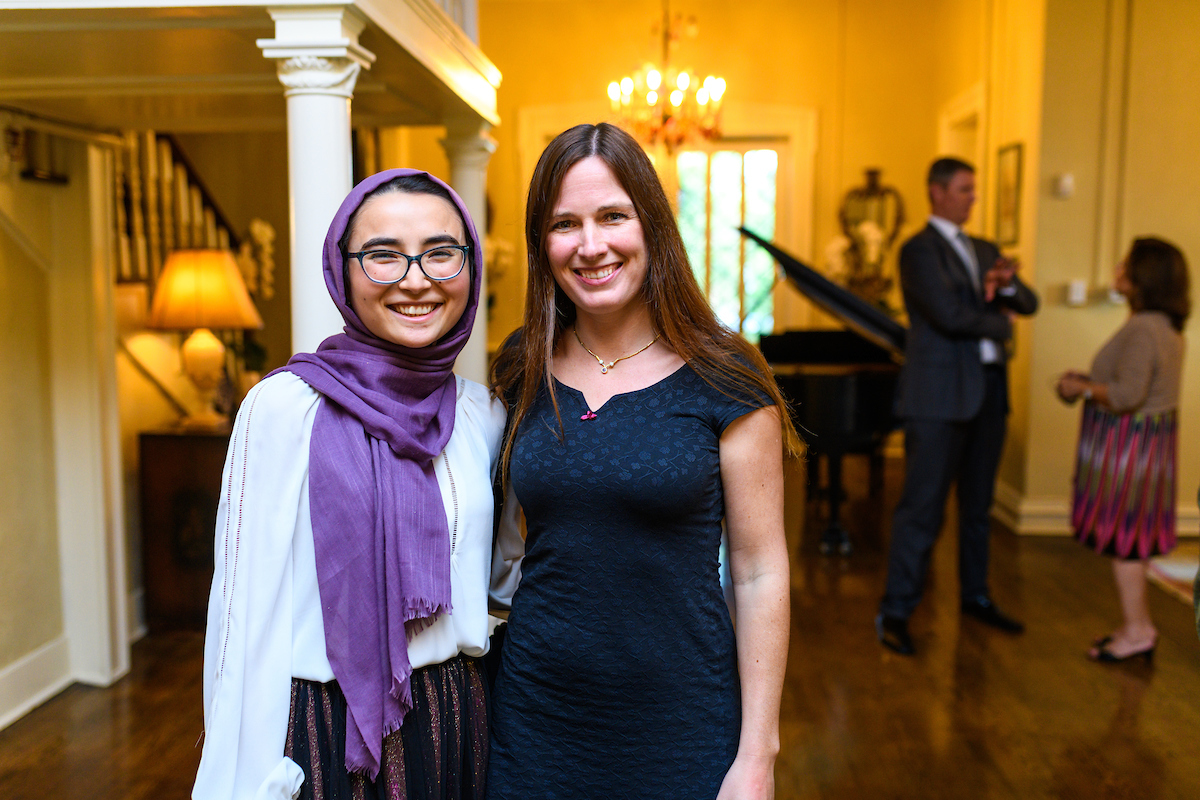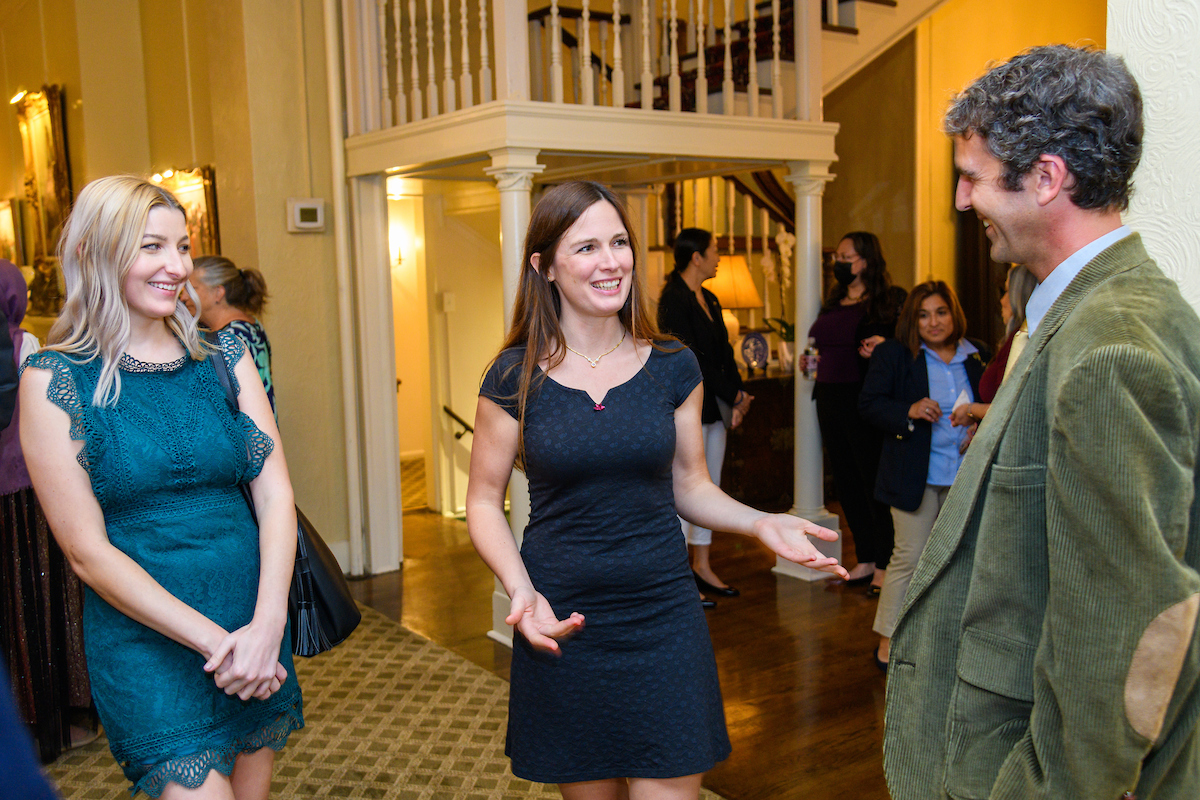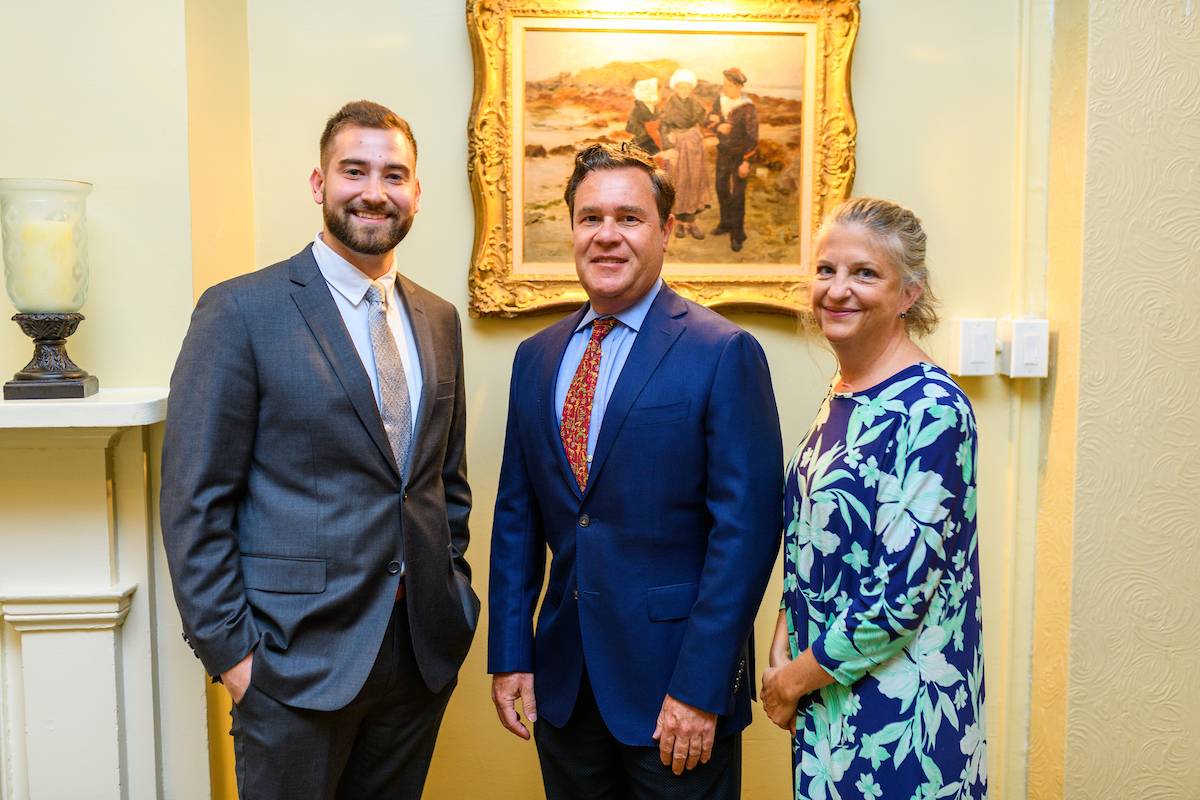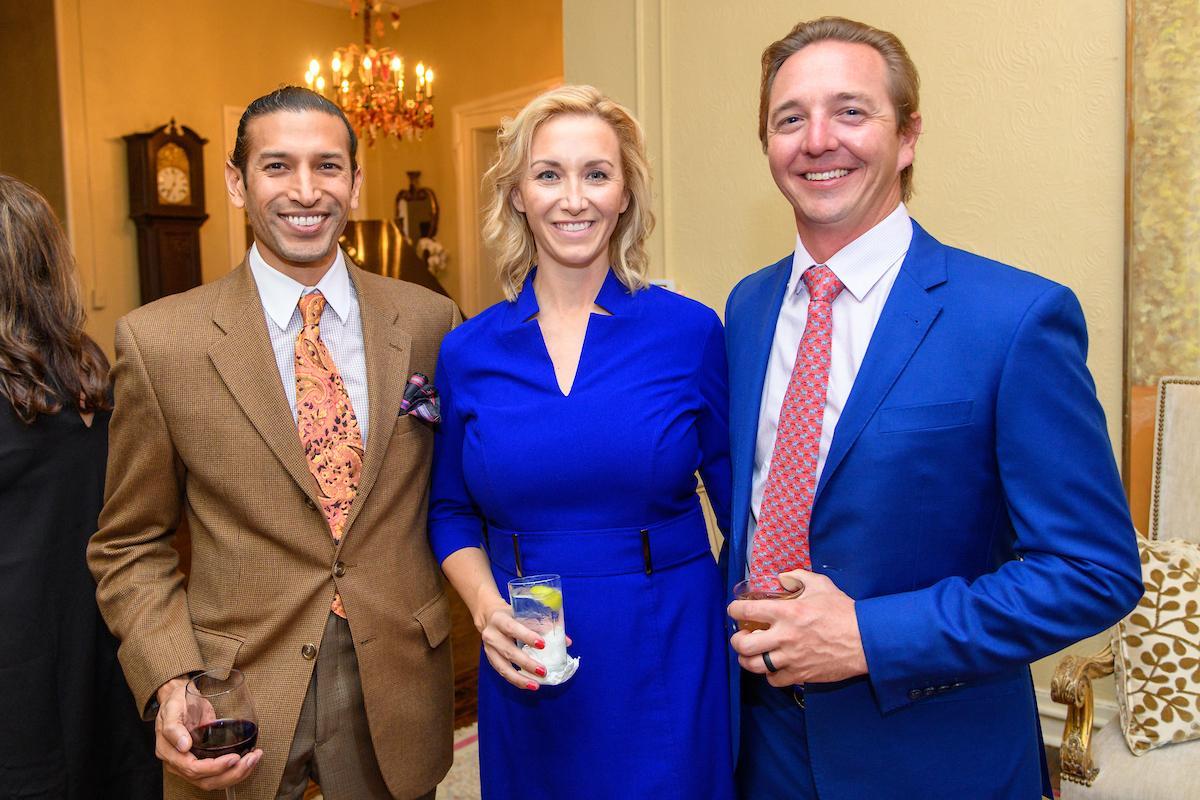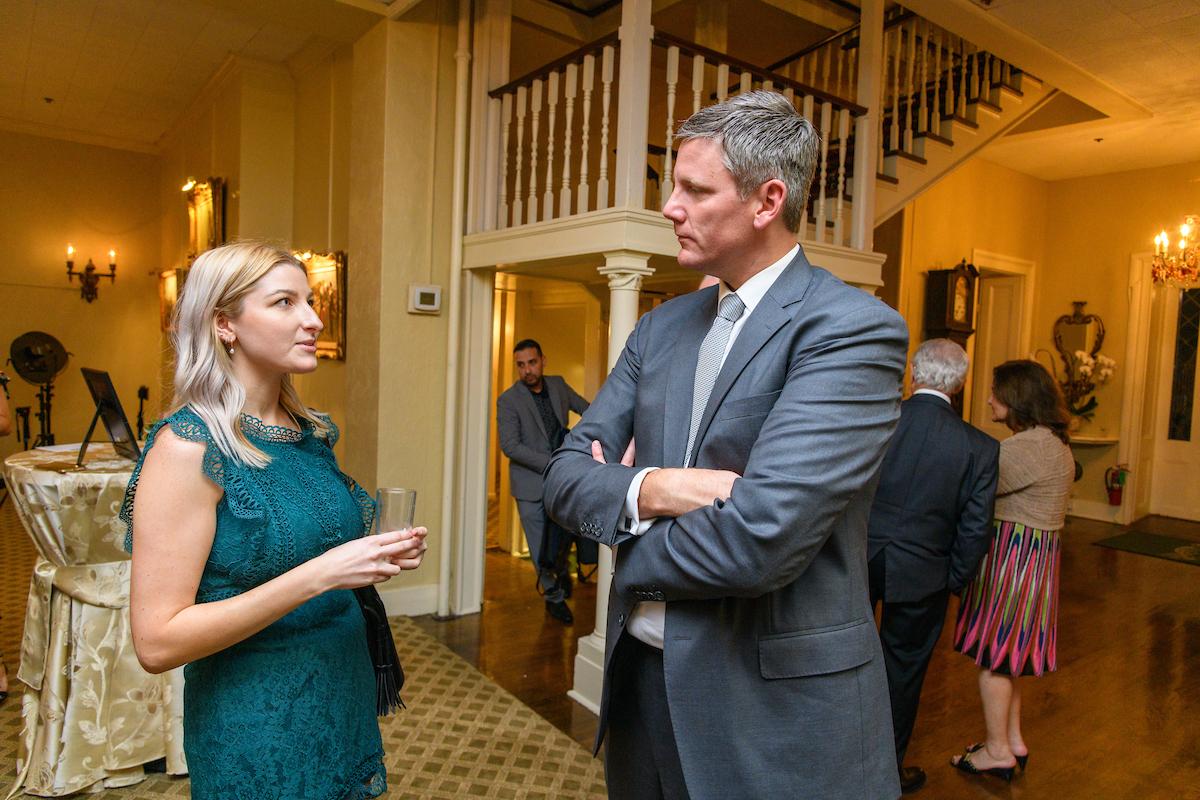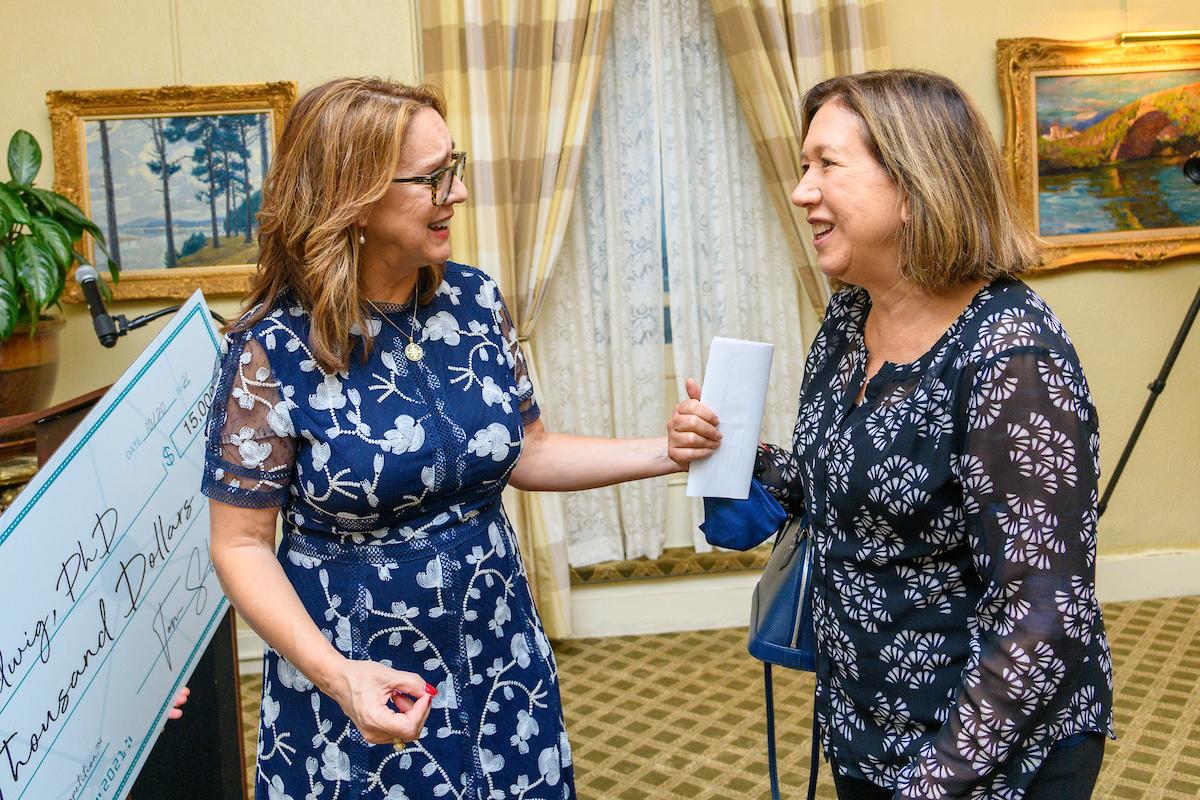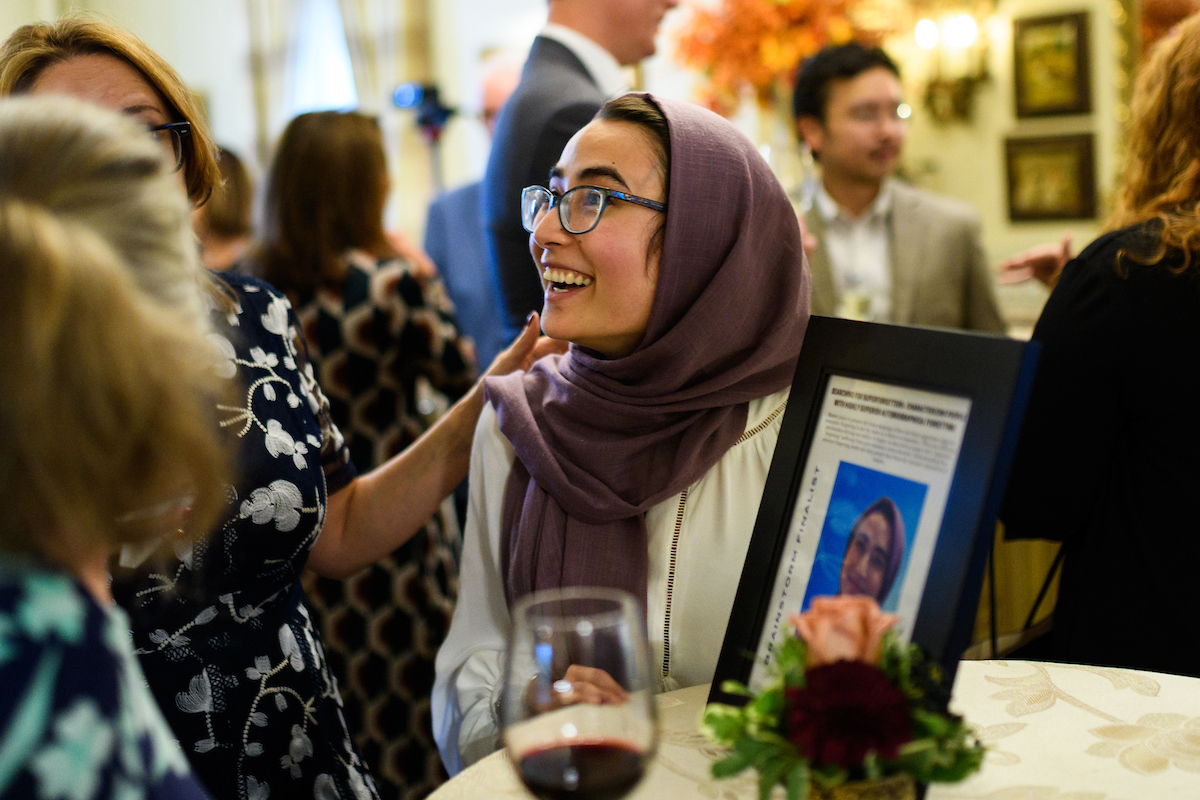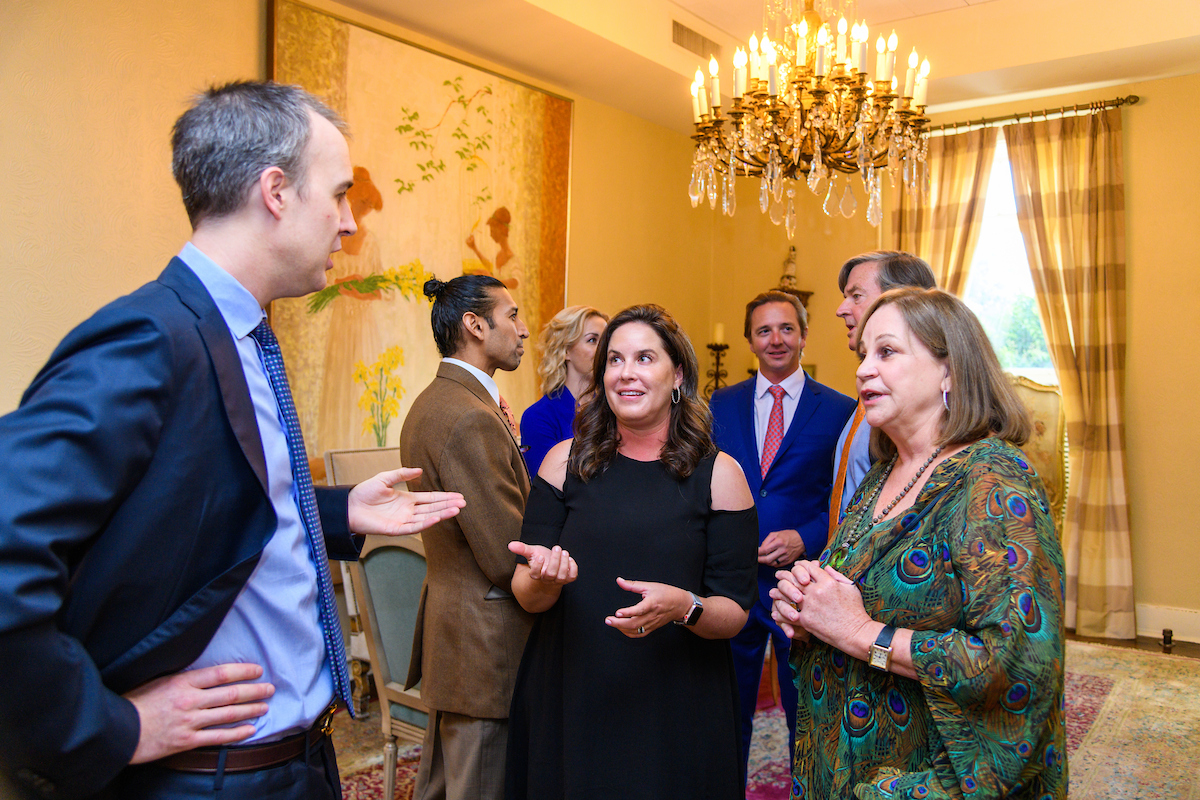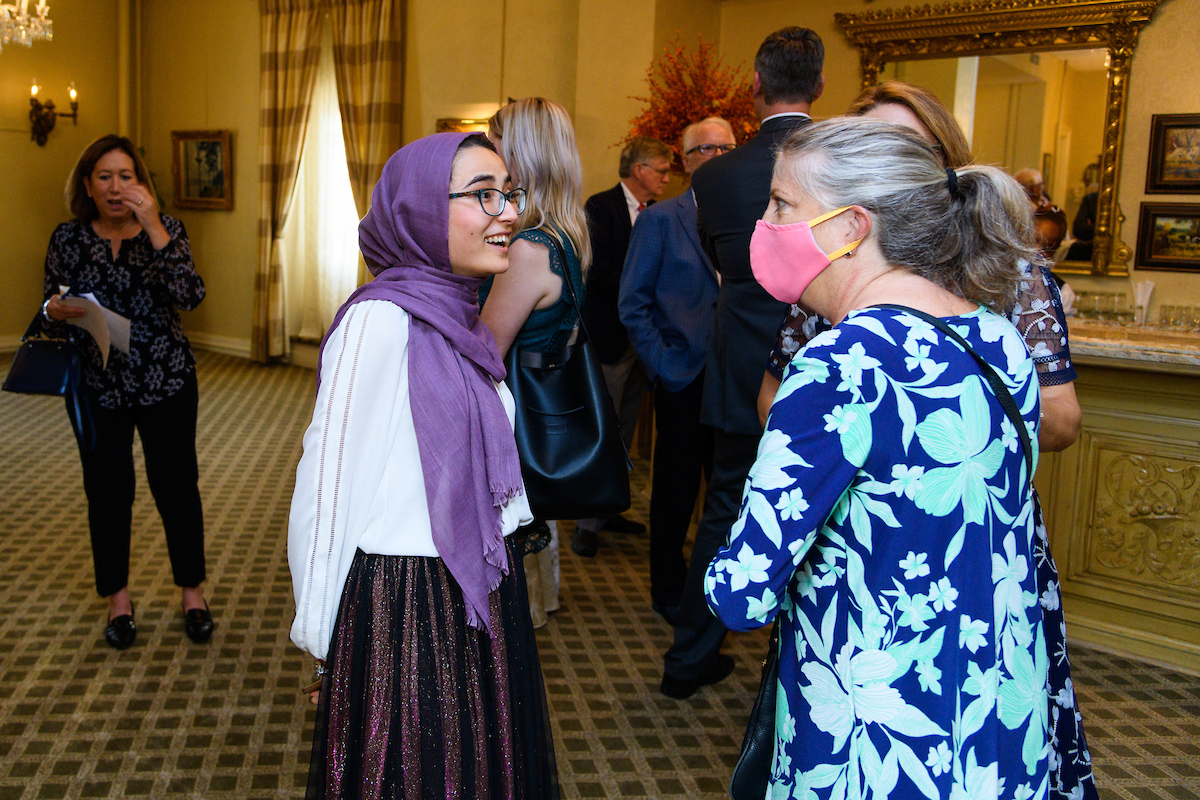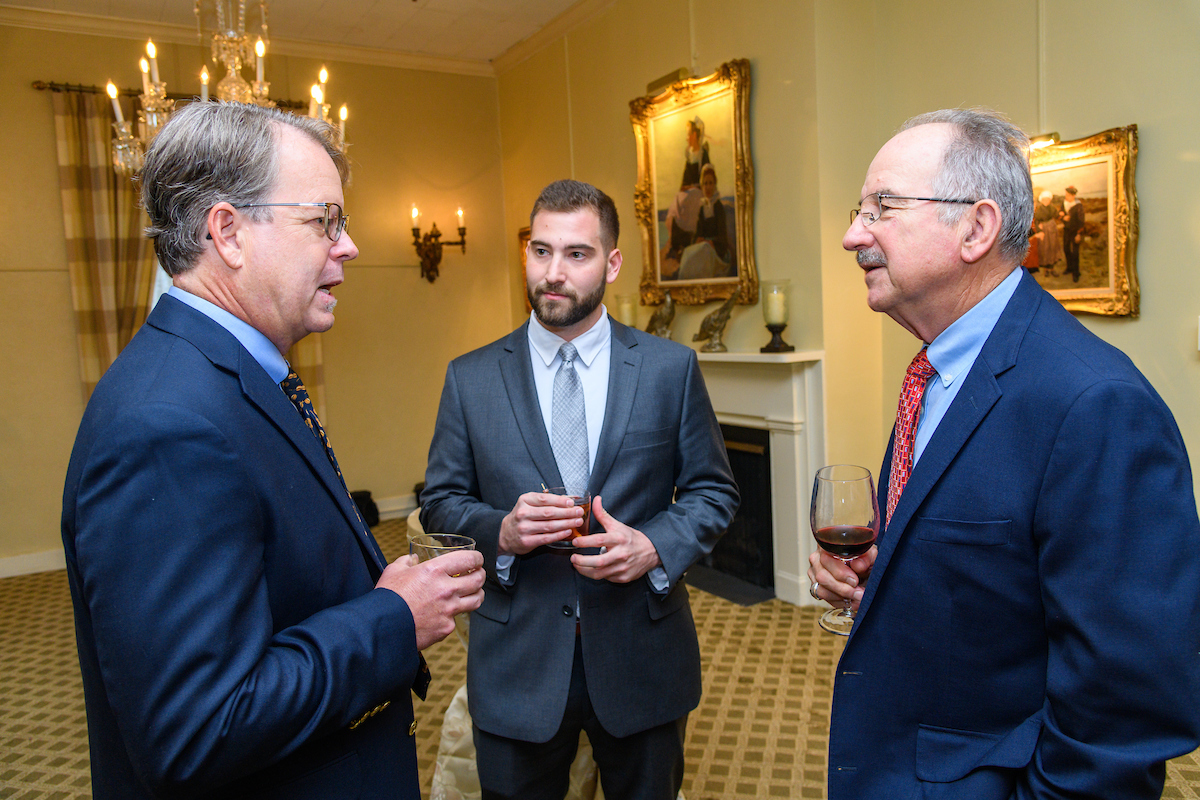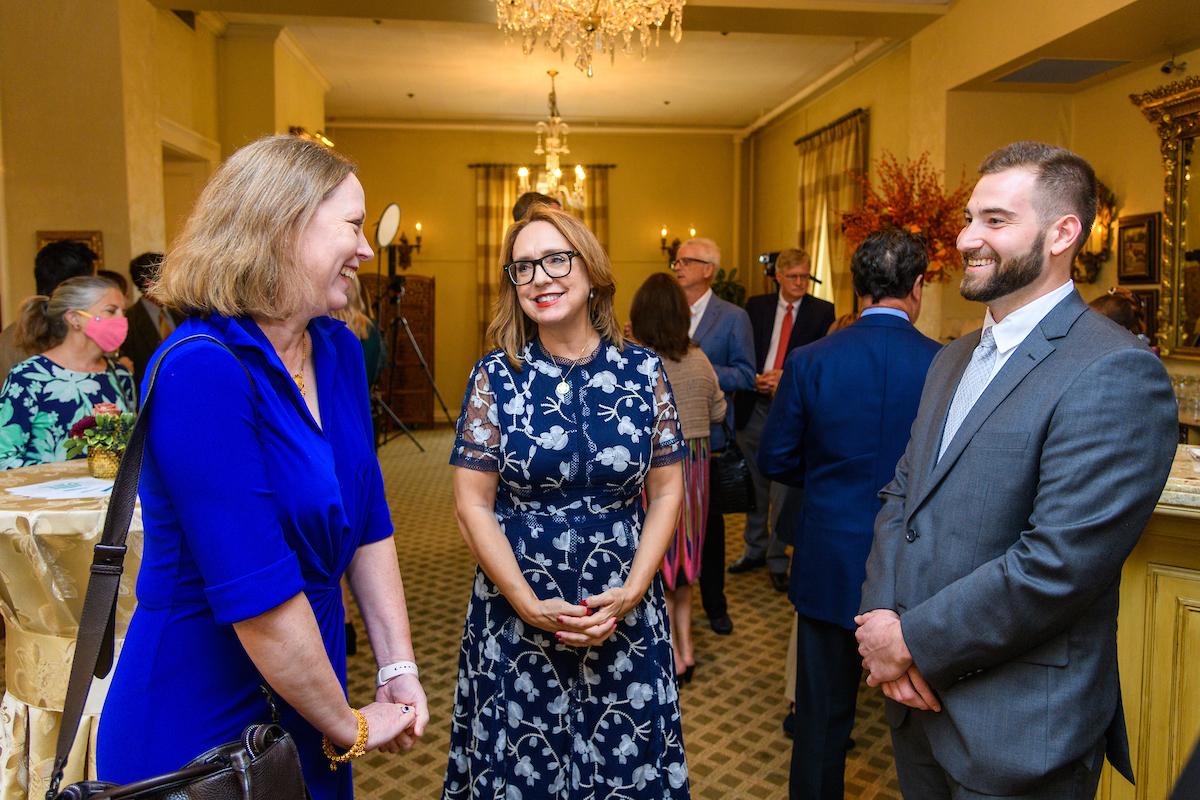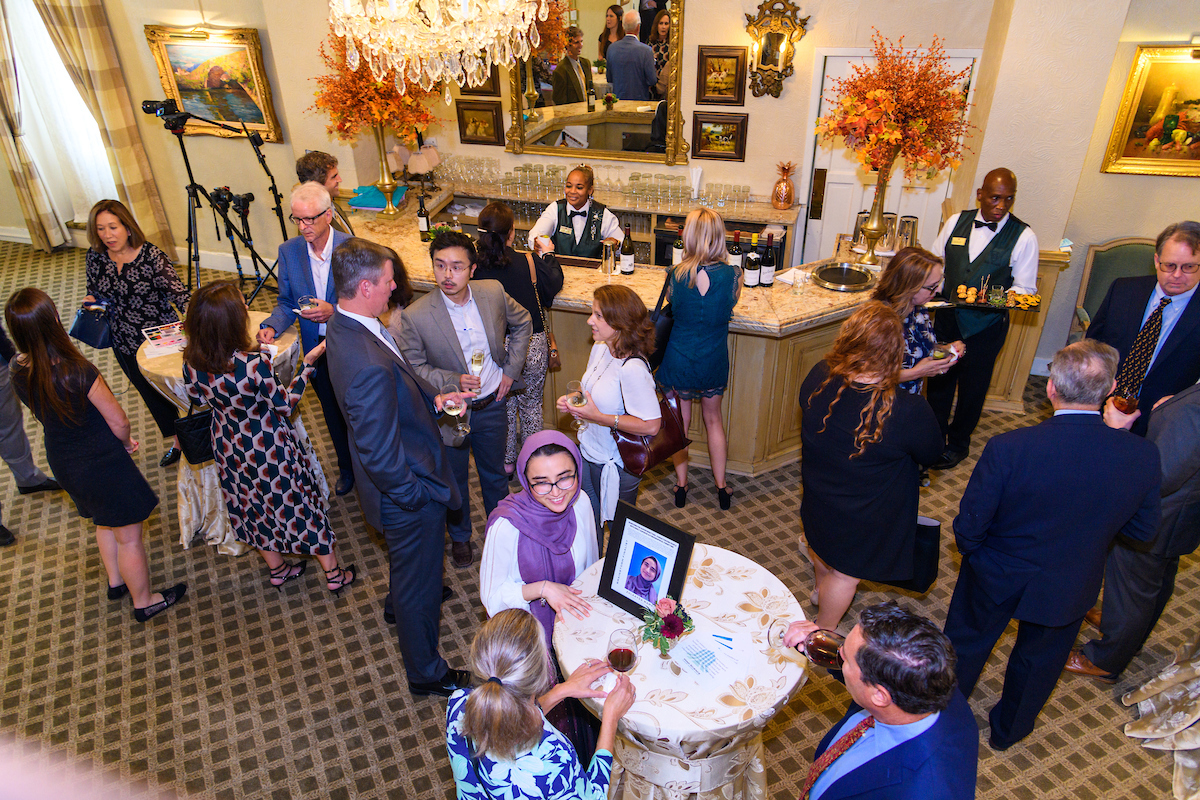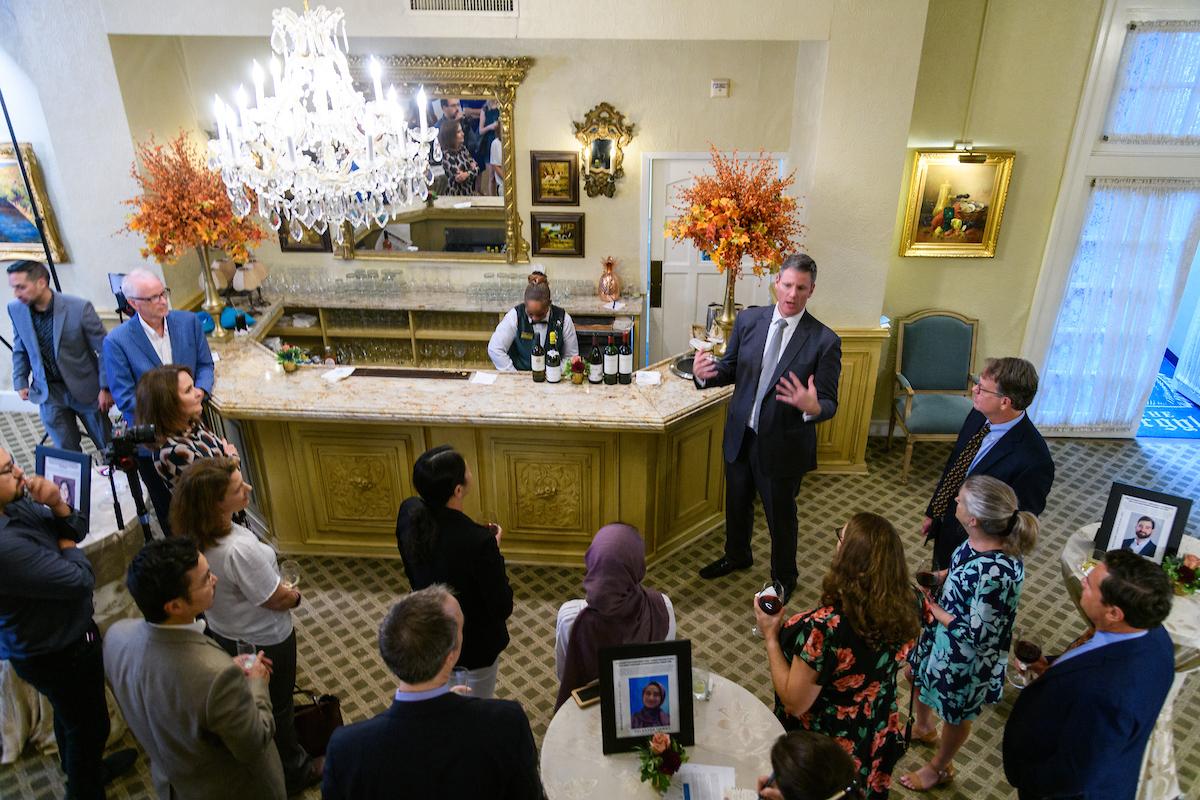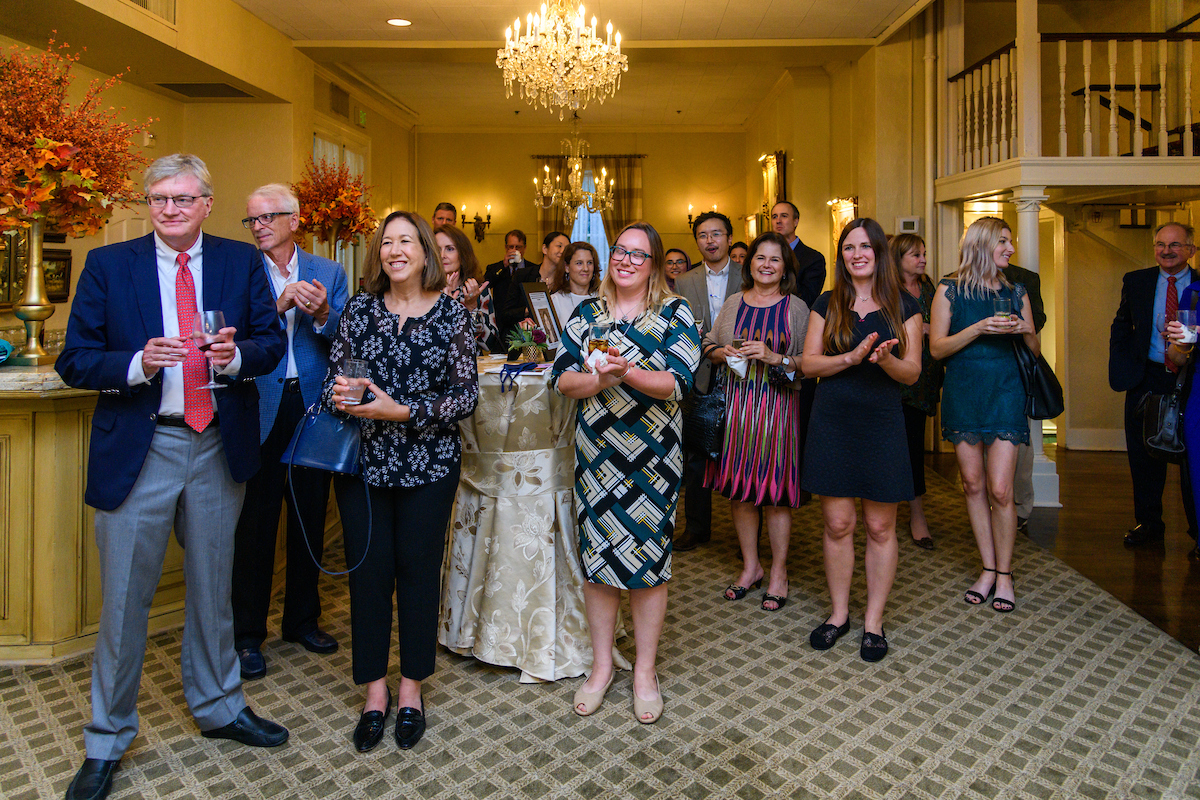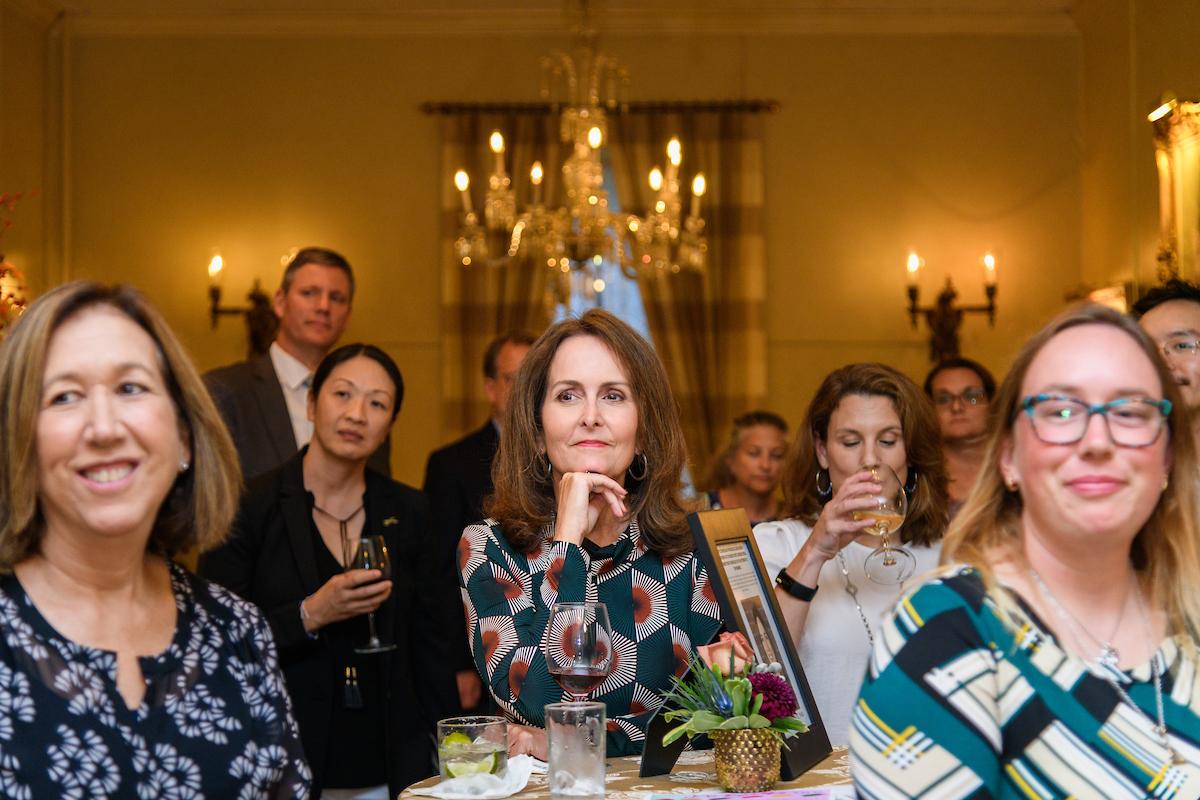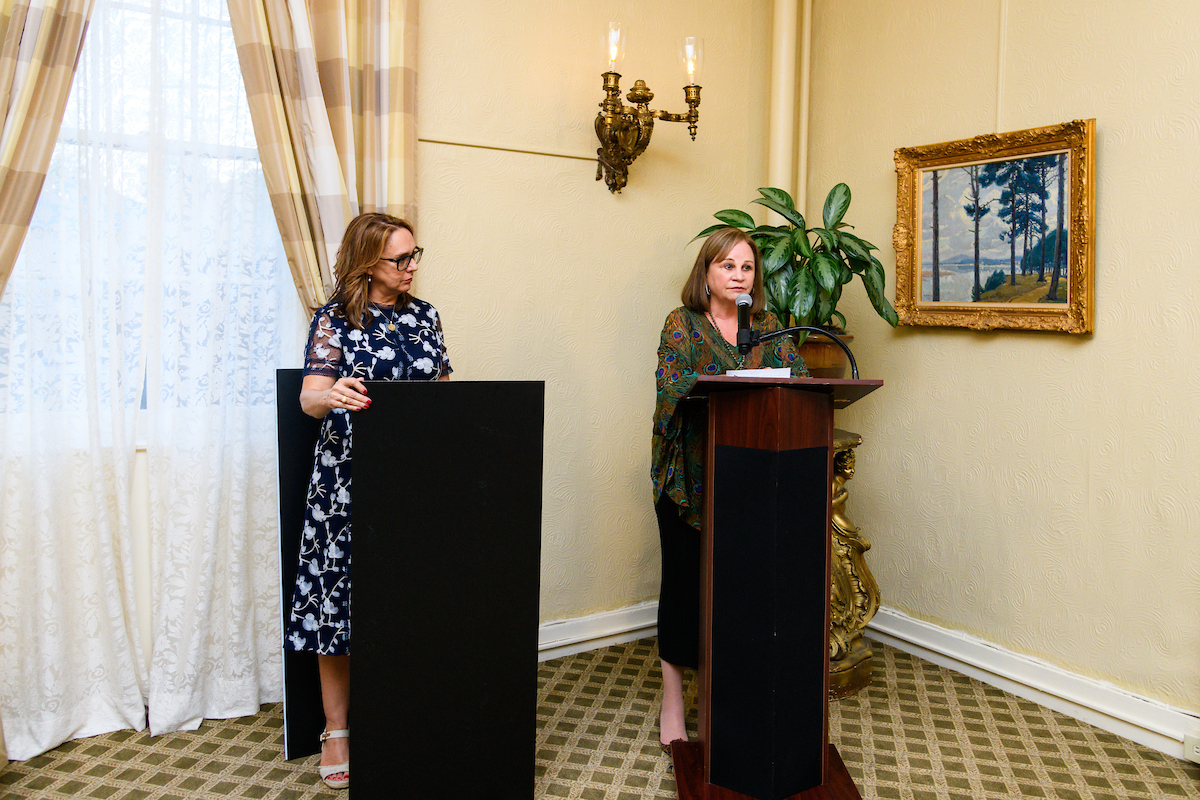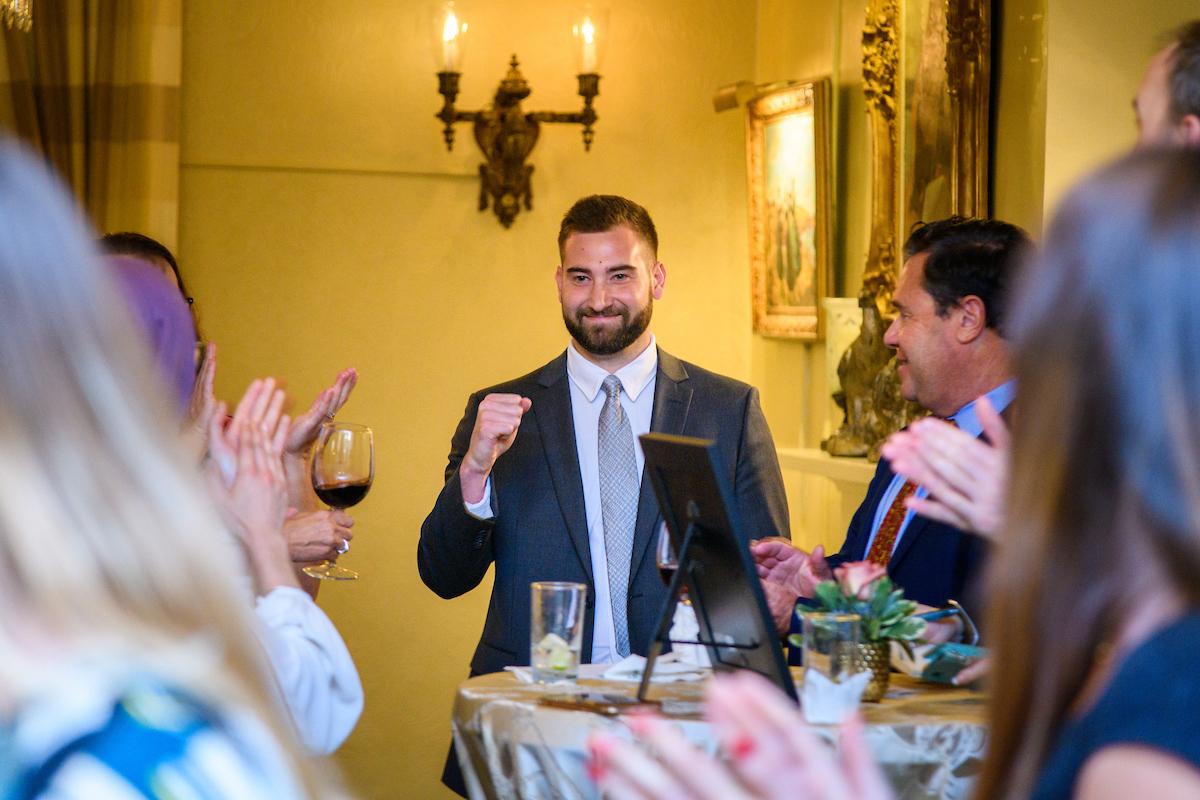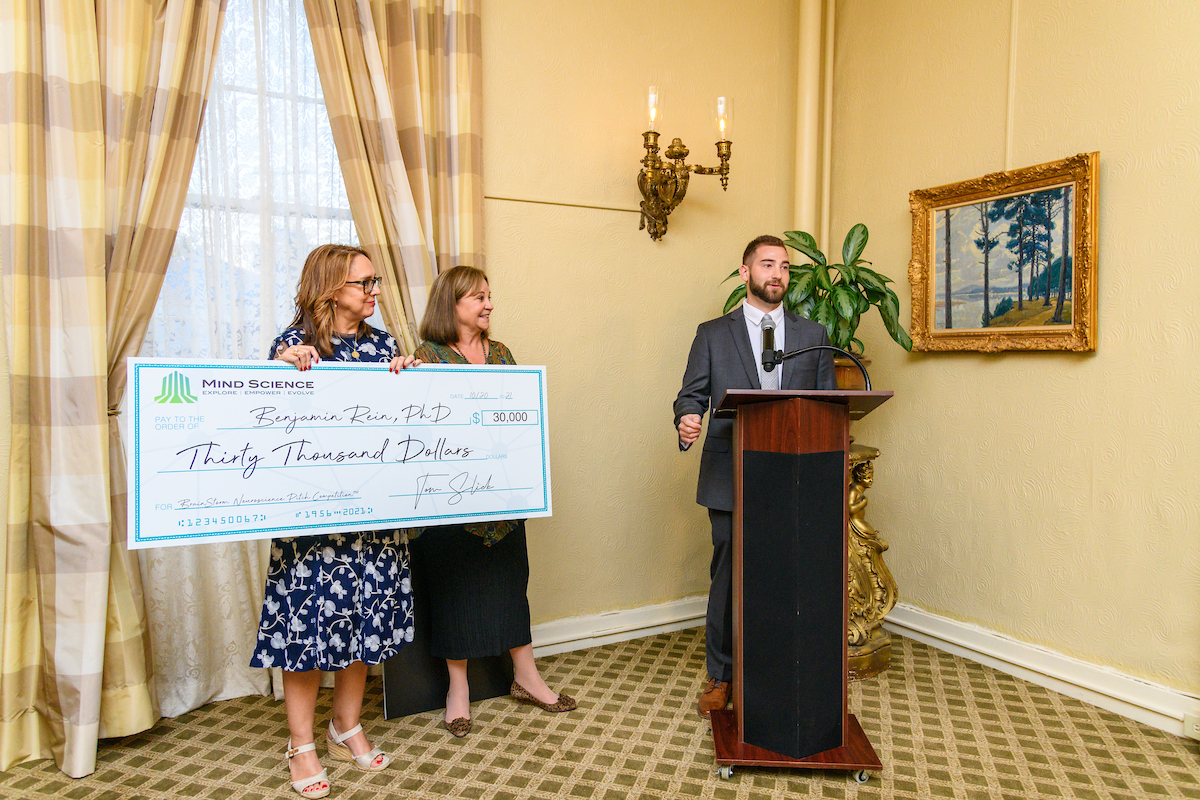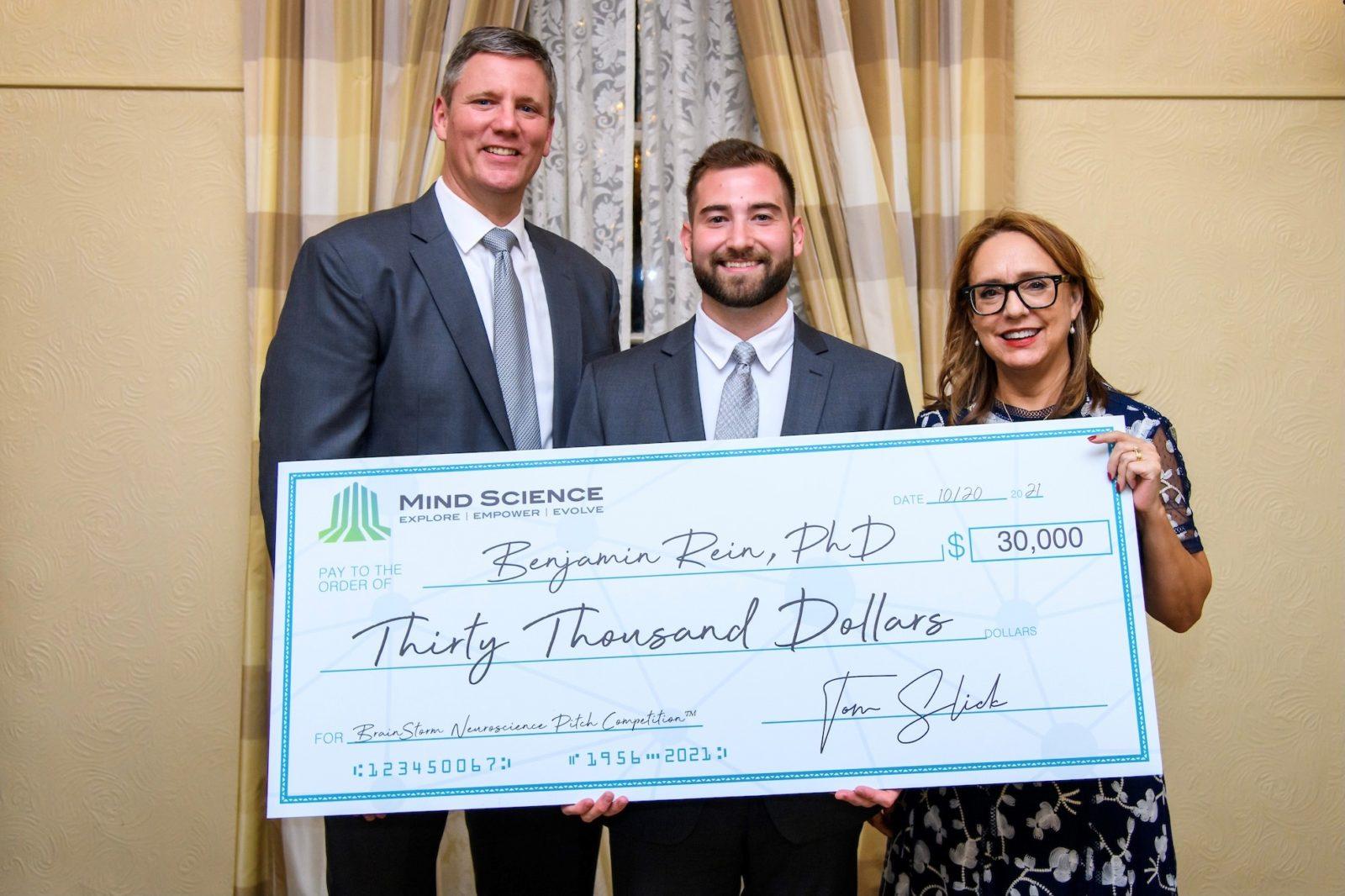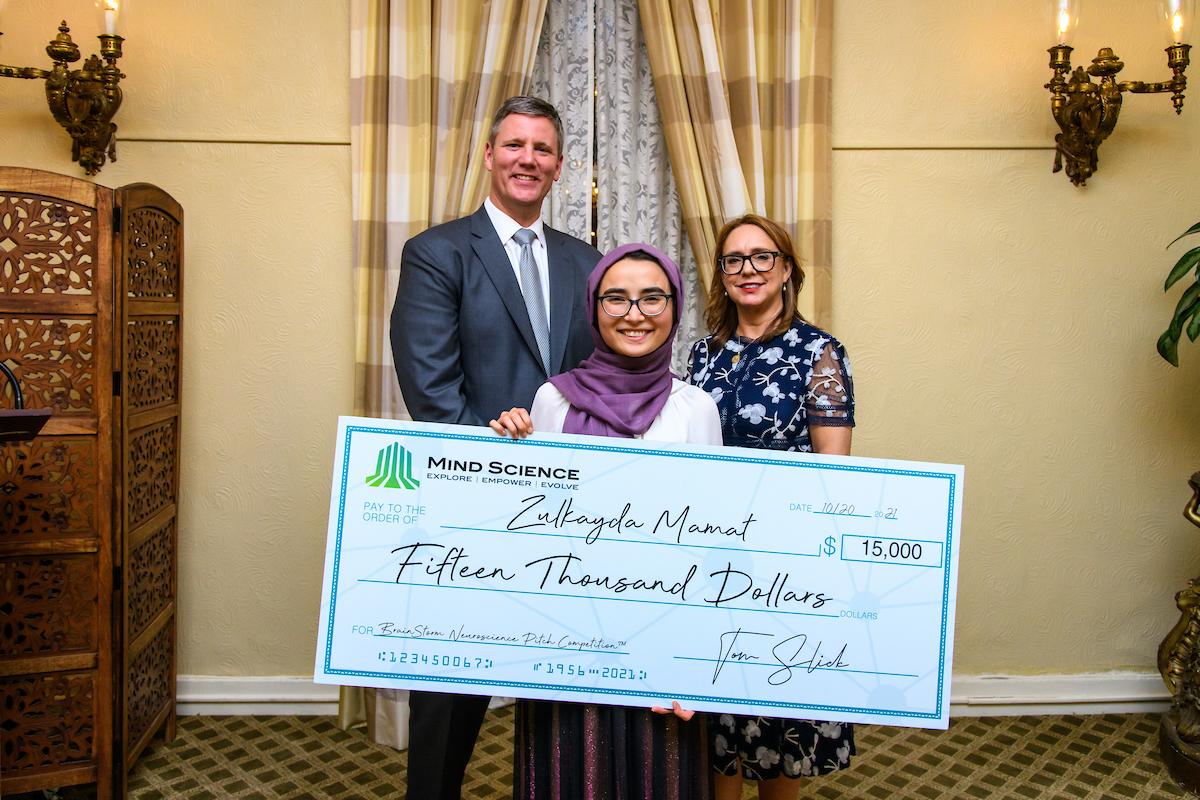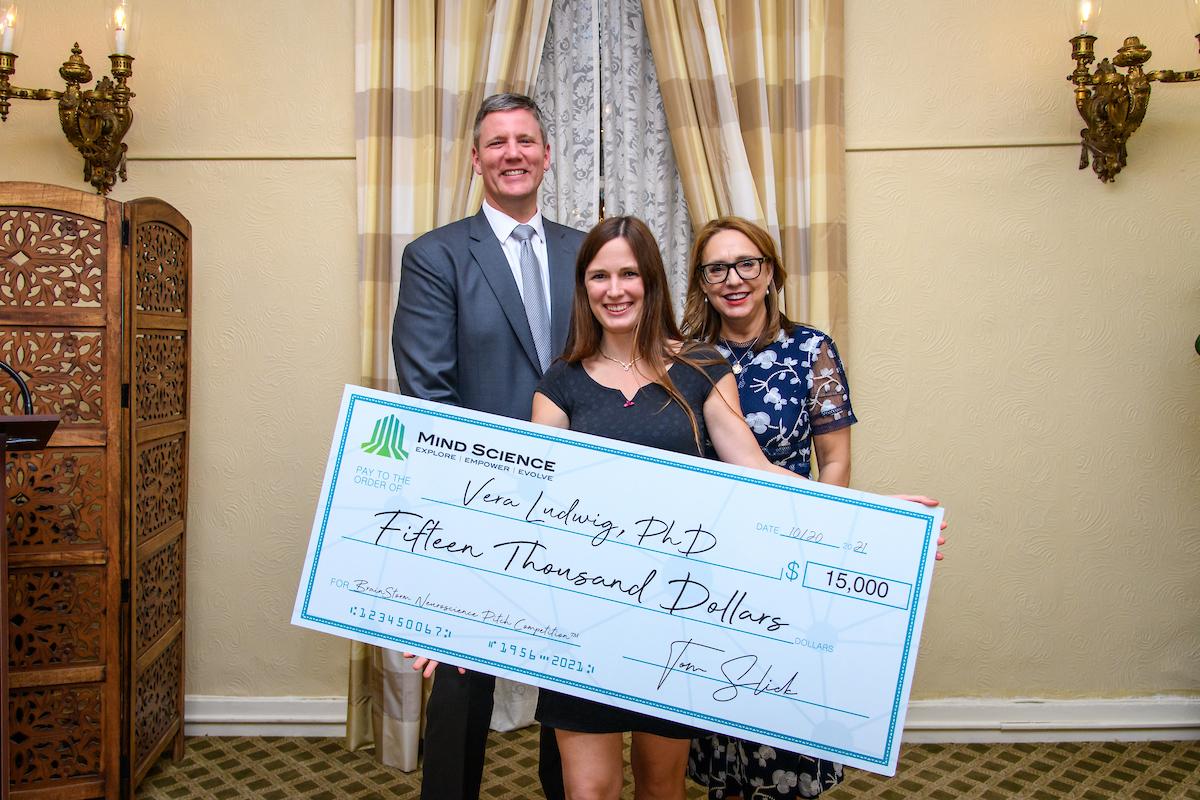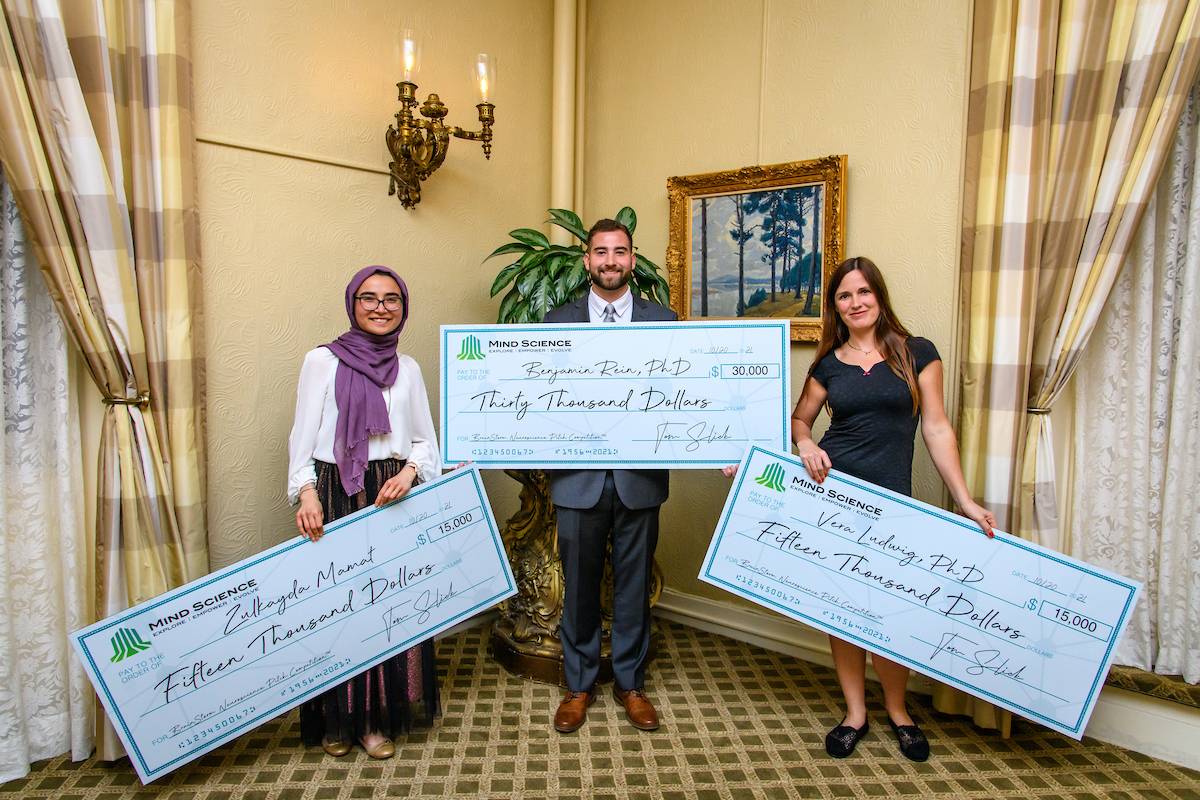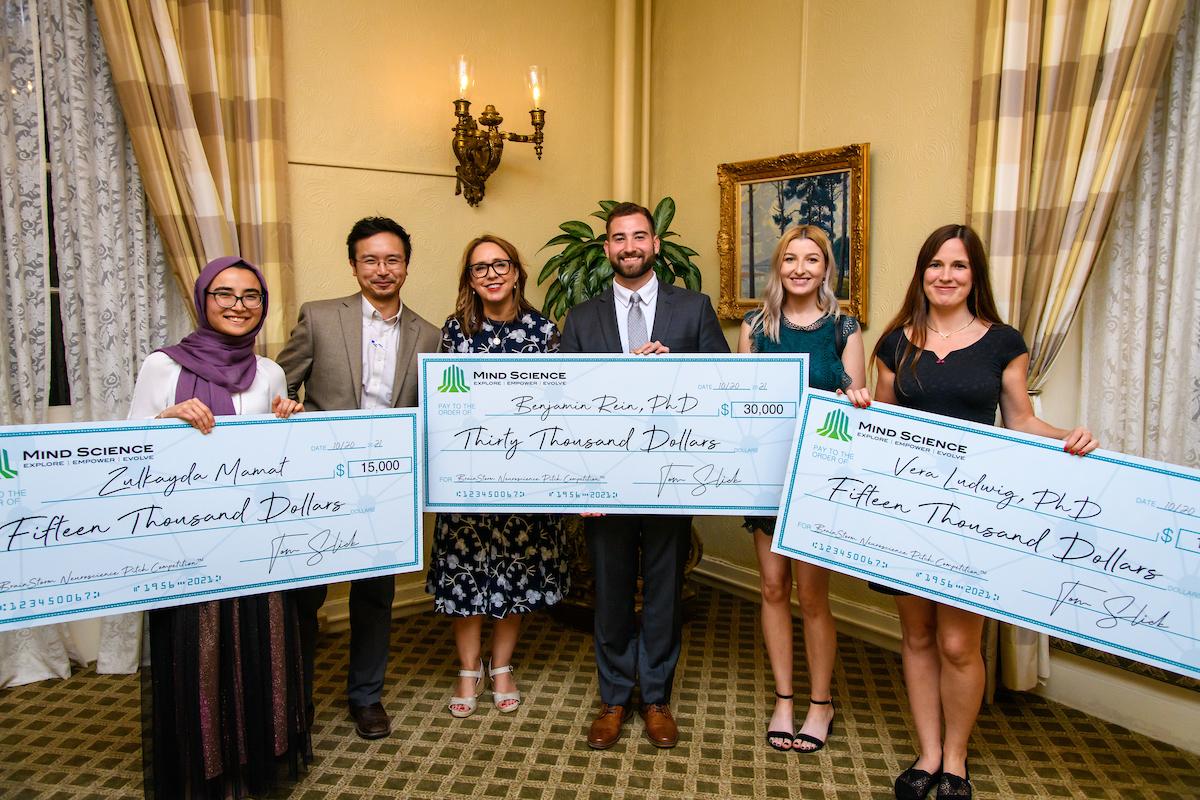2021 Competition
Congratulations, Dr. Ben Rein!
Dr. Ben Rein of Stanford University is the 2021 BrainStorm Neuroscience Pitch Competition™ $30,000 Grand Prize Winner
Congratulations to our finalists, Dr. Vera Ludwig, and Zulkayda Mamat, each recipients of a $15,000 award.
Enjoy the BrainStorm 2021 event video below!
What is Brainstorm?
The BrainStorm Neuroscience Pitch Competition™ has a specific focus on funding for early-career researchers teamed with senior primary investigators, working on pilot studies to help them obtain grants for further research, with an additional strategic goal designed to incentivize the building of skills in translating complex neuroscience for a general audience through a pitch video. Finalists are guaranteed $30,000 in funding. The general public cast votes online for the best video for an additional $10,000 Audience Choice award.
VOTING IS NOW CLOSED, BUT PLEASE ENJOY THE VIDEOS.
How to Vote
PARTICIPATE ONLINE! Due to the ongoing COVID-19 pandemic, this year’s Competition is virtual.
Voting opens October 11th, 2021.
1
WATCH VIDEO PITCHES
Click below to view each pitch.
2
EVALUATE FOR YOURSELF
Decide which proposal is the best based on the merits of the research area AND the pitch’s quality of communication.
3
CAST YOUR VOTE
There’s no cost to vote, but your donations help support future Competitions.
Each of the scientific proposals featured below have been rigorously vetted by our Scientific Advisory Committee and through formal peer review. You can rest assured that the science behind each of the proposals is rock-solid. Voting is free.
An important component of the Competition is increasing the strength of scientists’ communication skills for the general public. As you watch each video, ask yourself “do I understand what this project wants to accomplish?”
2021 Finalists
Effectiveness and physiological mechanisms of contemplative dyad meditation to increase social connection in young adults in the aftermath of the pandemic
Vera Ludwig, PhD
University of Pennsylvania
Ludwig intends to study how meditating with a partner can increase feelings of well-being and social connection in young adults, as loneliness is a recognized risk factor for depression and other illnesses. Ludwig explores how meditation with a partner reduces loneliness, which is especially prevalent given our pandemic-induced physical distancing.
Searching for superforgetters: characterizing people with highly superior autobiographical forgetting
Zulkayda Mamat
University of Cambridge
Mamat plans to pioneer the brain mapping of how the brain suppresses negative memories. Forgetting is not the same as a failure to remember. There are different mechanisms driving our ability to forget, as observed in people with “impaired forgetting” suffering from post-traumatic stress disorder. Understanding how selective forgetting works can help people heal from the intrusive memories of trauma.
Practice Makes Perfect: Does Social Experience in Early Life Guide Proper Brain Maturation?
Ben Rein, PhD
Stanford University
Rein seeks to learn how early experiences shape the social development of our brains. Several parts of the brain are known to be involved in social function, but it isn’t understood exactly how engaging in these social interactions might facilitate neural development. This issue concerns millions of families with young school children staying home to learn virtually during the pandemic, rather than interacting than with their peers in the classroom and on the playground.
thank you to our sponsors
Gold
William Knox Holt Foundation
Silver
Muriel Siebert Foundation
Drs. Alice and Sergio Viroslav
Bronze
The Helen K. Groves Fund
Greg and Heda Hahn
Lyn and Pete Selig
Additional Underwriting
Amy Shelton McNutt Charitable Trust
Past Winners
Merridee LefnerBRAINSTORM 2020 Winner
Field of Study: NEUROBIOLOGY OF MOTIVATED BEHAVIOR
Tin NguyenBRAINSTORM 2019 WINNER
Field of Study: COGNITIVE RESILIENCY
Field of Study: MEMORY CONTROL
BRAINSTORM 2021
